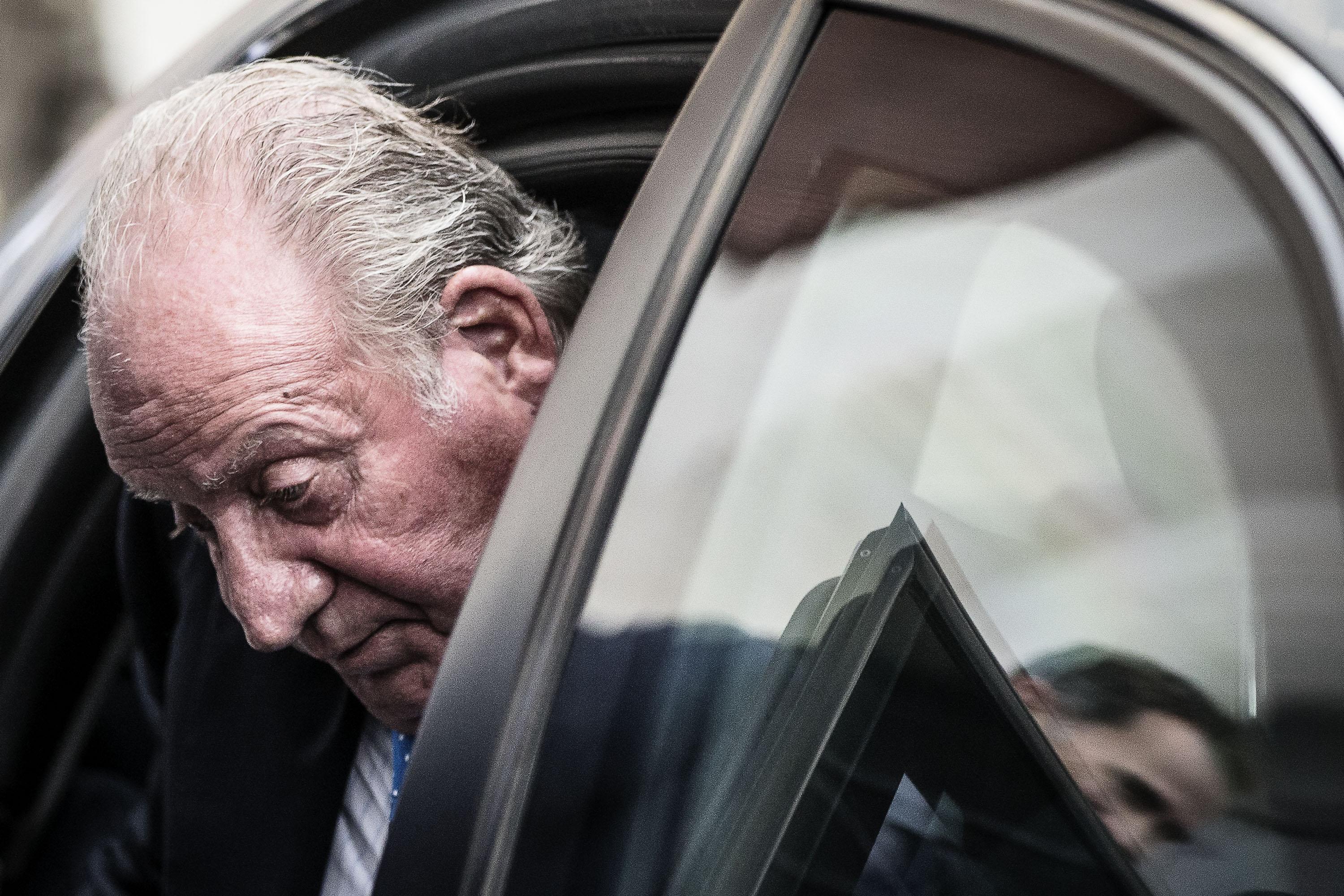More than seventy retired Spanish political figures, including former ministers, ex-regional presidents, retired ambassadors and other former senior officials have signed a manifesto in support of Spain's former king Juan Carlos I, emphasising his right to the presumption of innocence and remembering his legacy in the more than forty years since Spain became a democracy, the "the most fruitful historical period that Spain has known in contemporary times". The manifesto comes just 24 hours after the royal palace finally announced the current whereabouts of the king emeritus, who fled Spain two weeks ago after continuing revelations about his business dealings with Saudi Arabia, and is now in the United Arab Emirates.
"The numerous reports that have appeared in recent days relating to certain activities of king Juan Carlos I have aroused a proliferation of condemnations without due respect for the presumption of innocence. Whether his actions might be worthy of reproach will be decided by the courts. But it will never be possible to erase the work of king Juan Carlos in favour of democracy and the Nation, without committing a social ingratitude that would have no benefit for the Spanish society as a whole", state the political figures.
The document - signed among others by former PSOE (Socialist) figures Alfonso Guerra, Celestino Corbacho and Matilde Fernández; ex-PP ministers Josep Piqué, Jaime Mayor Oreja, Rafael Catalá, Ana Pastor, José Ignacio Wert and Esperanza Aguirre; and Rodolfo Martín Villa (UCD) - emphasizes that "the parliamentary monarchy, as well as the whole of the 1978 Constitution, have led to a modern Spain, with an advanced political, economic and social system forged in freedom, justice and solidarity".
Felipe VI, "the best and most enduring part of his legacy"
They recall that Juan Carlos was "heir to the authoritarian powers of the dictatorship of General Franco" but praise the fact that shortly after acceding to the throne he communicated "his explicit desire to renounce those powers to make way for an institutional organization of Spain that would be in line with the model of Western democracies".
"Throughout the years of his reign and in the exercising of his constitutional functions, Juan Carlos I was constantly faithful to his proposals for democratization and to the responsibilities arising from the institutional framework," says the manifesto, noting that monarchy is a form of government "appropriate to the needs and preferences of the Spanish people, useful due to its moderating capacity and neutral behaviour".
The signees also have words of praise for current king Felipe VI who, they say, "is a living demonstration of such qualities, who in essence, epitomizes the best and most enduring parts of his father's legacy."
The manifesto is aimed at Spanish citizens "of all origins, ideologies or conditions", as well as public and private entities, social and economic leaders, and is open to those who want to join it "in favour of social harmony based on mutual respect and liberty".
All the signatories
The full list of signatories is below:

